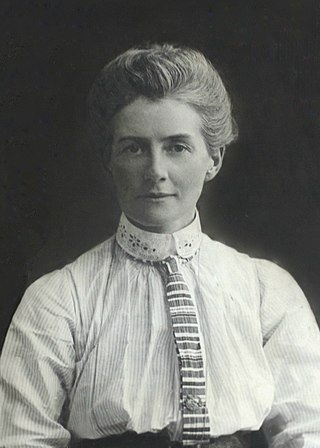
Edith Louisa Cavell was a British nurse. She is celebrated for treating wounded soldiers from both sides without discrimination during the First World War and for helping some 200 Allied soldiers escape from German-occupied Belgium. Cavell was arrested, court-martialled under German military law and sentenced to death by firing squad. Despite international pressure for mercy, the German Government refused to commute her sentence and she was shot. The execution received worldwide condemnation and extensive press coverage.
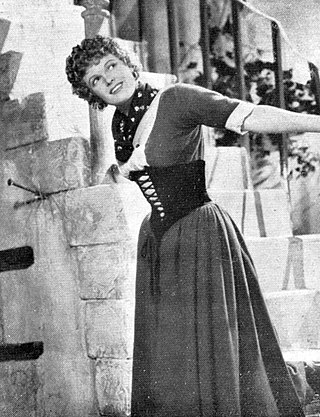
Dame Florence Marjorie Wilcox, known professionally as Anna Neagle, was an English stage and film actress, singer, and dancer.

Dame Agnes Sybil Thorndike, Lady Casson, was an English actress whose stage career lasted from 1904 to 1969.
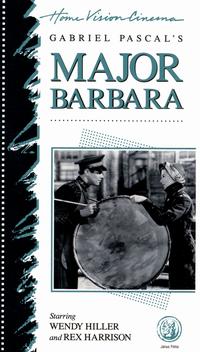
Major Barbara is a 1941 British film starring Wendy Hiller and Rex Harrison. The film was produced and directed by Gabriel Pascal and edited by David Lean. It was adapted for the screen by Marjorie Deans and Anatole de Grunwald, based on the 1905 stage play Major Barbara by George Bernard Shaw. It was both a critical and a financial success.

Marie Ault was a British character actress of stage and film.

Herbert Sydney Wilcox CBE was a British film producer and director.
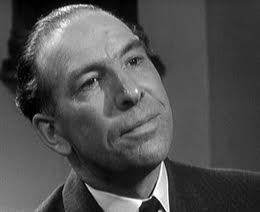
William Devlin was a Scottish actor who appeared widely in films and television in a screen career that lasted from 1937 until 1967. The son of an architect, he was born in Aberdeen in 1911. An older brother was Lord Devlin.

Sixty Glorious Years is a 1938 British colour film directed by Herbert Wilcox. The film is a sequel to the 1937 film Victoria the Great.

Madame Pompadour is a 1927 British silent historical drama film directed by Herbert Wilcox and starring Dorothy Gish, Antonio Moreno and Nelson Keys. The film depicts the life of Madame de Pompadour, mistress of Louis XV of France. It was the first film to be shot at the newly christened Elstree Studios.
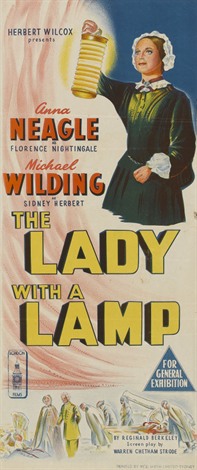
The Lady with a Lamp is a 1951 British historical drama film directed by Herbert Wilcox and starring Anna Neagle, Michael Wilding and Felix Aylmer. The film depicts the life of Florence Nightingale and her work with wounded British soldiers during the Crimean War. It was shot at Shepperton Studios outside London. Location shooting took place at Cole Green railway station in Hertfordshire and at Lea Hurst, the Nightingale family home, near Matlock in Derbyshire. The film's sets were designed by the art director William C. Andrews. It is based on the 1929 play The Lady with a Lamp by Reginald Berkeley.
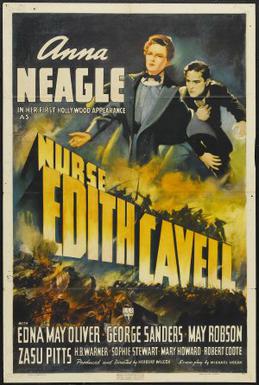
Nurse Edith Cavell is a 1939 American film directed by British director Herbert Wilcox about Edith Cavell. The film was nominated at the 1939 Oscars for Best Original Score.

The Martyrdom of Nurse Cavell is a 1916 Australian silent film about the execution of nurse Edith Cavell during World War I.

The Murder of Captain Fryatt is a 1917 Australian silent film about the execution of Captain Charles Fryatt during World War I from John and Agnes Gavin.
Nurse Cavell is a 1916 Australian feature-length film directed by W. J. Lincoln about the execution of Edith Cavell during World War I. It was also known as Edith Cavell.
La Revanche, also known as The Vengeance, is a 1916 Australian feature-length film directed by W. J. Lincoln about the revenge sought by Belgian friends of Edith Cavell against the Germans during World War I. It was a sequel to Nurse Cavell (1916), using many of the same cast and crew.
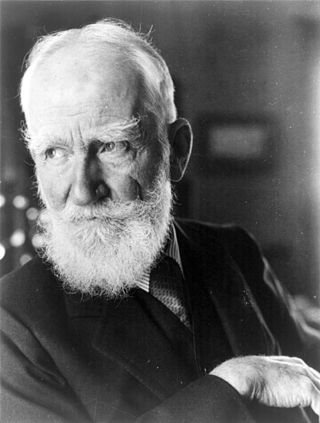
Village Wooing, A Comedietta for Two Voices is a play by George Bernard Shaw, written in 1933 and first performed in 1934. It has only two characters, hence the subtitle "a comedietta for two voices". The first scene takes place aboard a liner, and the second in a village shop. The characters are known only as "A" and "Z".
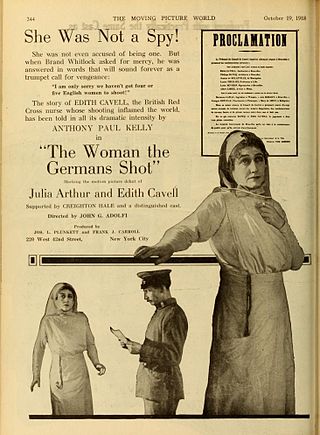
(for the American sound film on Edith Cavell, see Nurse Edith Cavell)
Fame is a 1936 British comedy film directed by Leslie S. Hiscott and starring Sydney Howard, Muriel Aked and Miki Hood. It was made at Elstree Studios.
Cavell is a charitable organisation which supports nurses, midwives and healthcare assistants in the United Kingdom. It was founded in 1917 in the memory of British nurse Edith Cavell.
Merrill G. White was an American film editor and screenwriter. He also co-directed the 1957 film Ghost Diver and was an associate producer on Courage of Black Beauty (1957). During the 1930s he worked in Britain, including on several films made by Herbert Wilcox. For his editing of The Brave One, White received a Best Film Editing nomination for the 29th Academy Awards.















